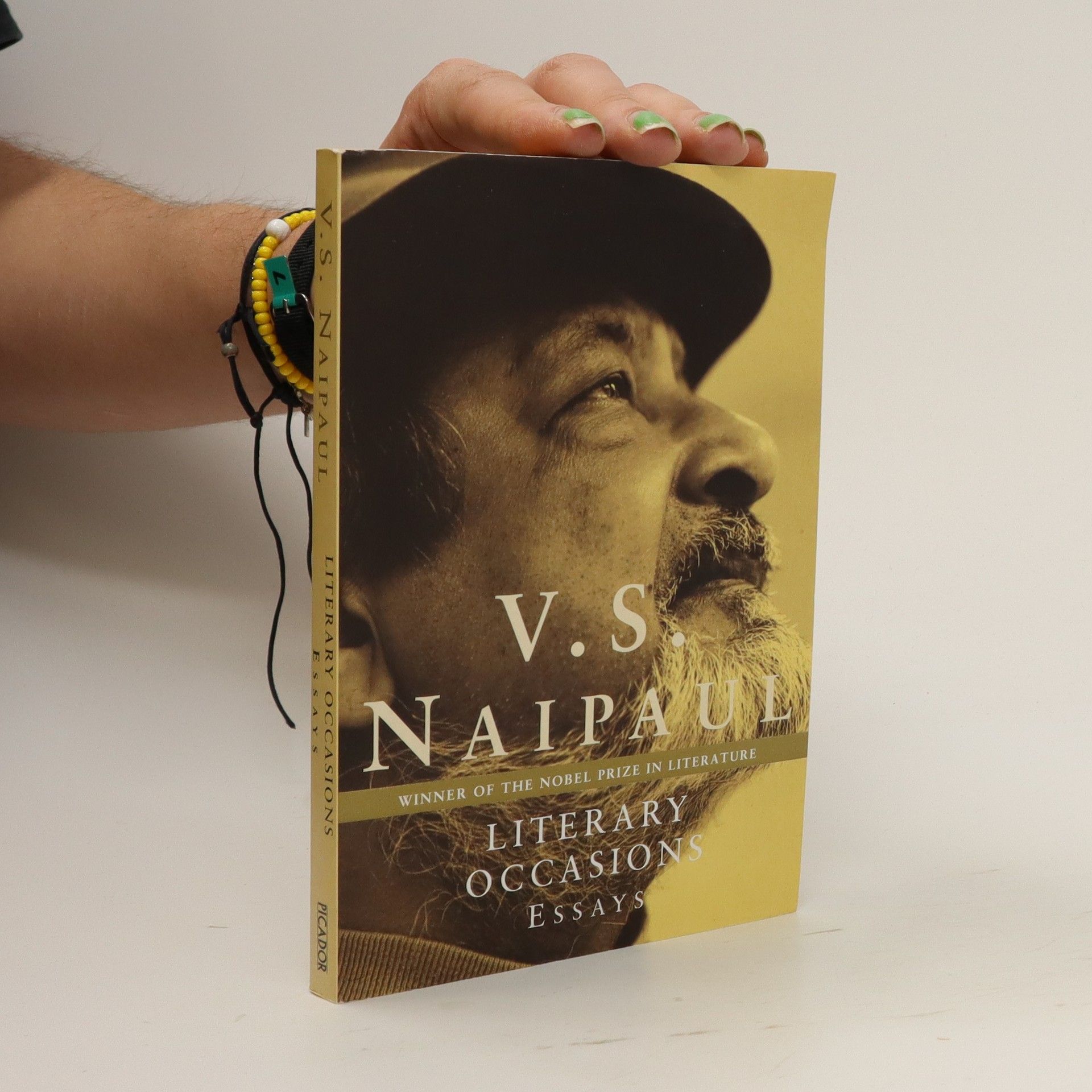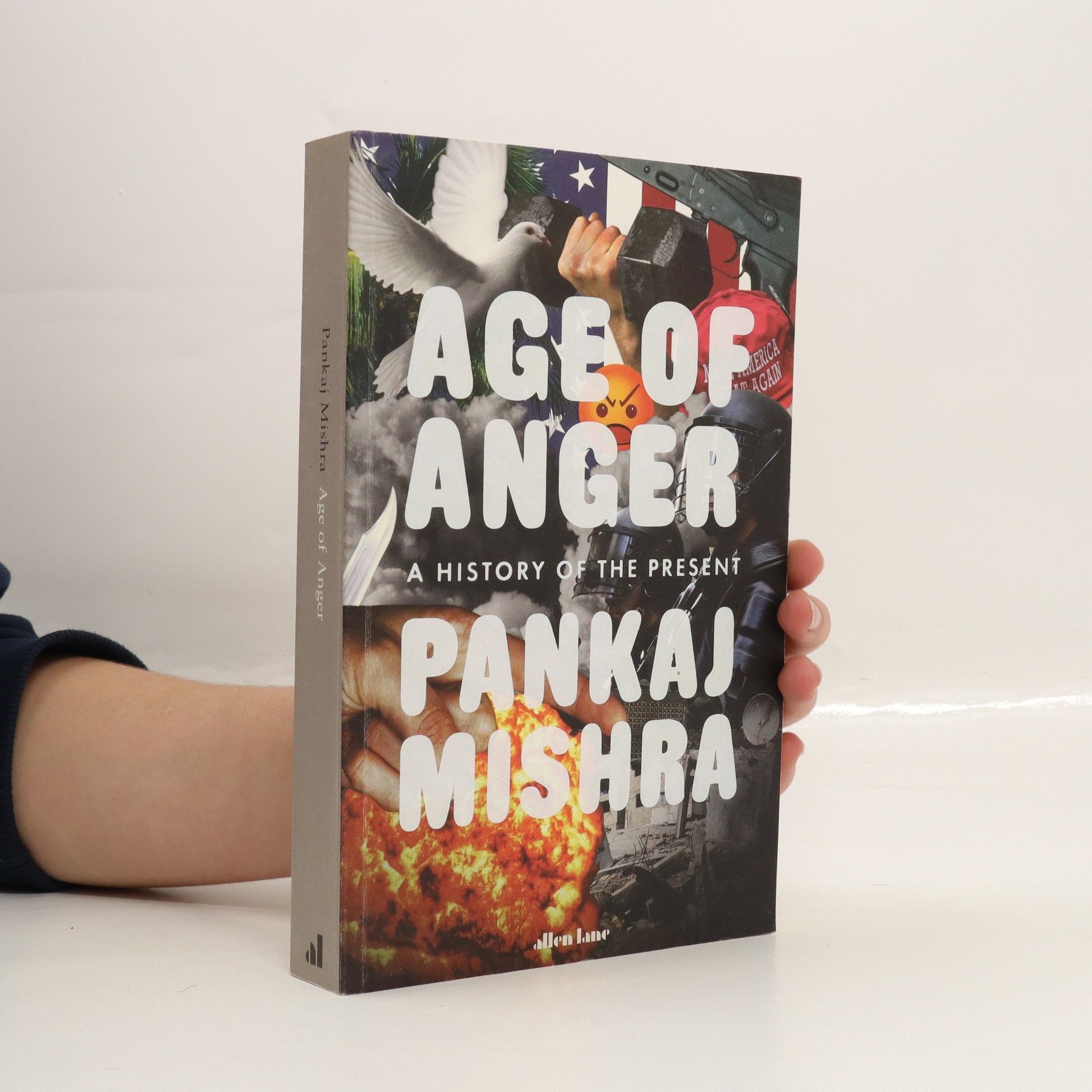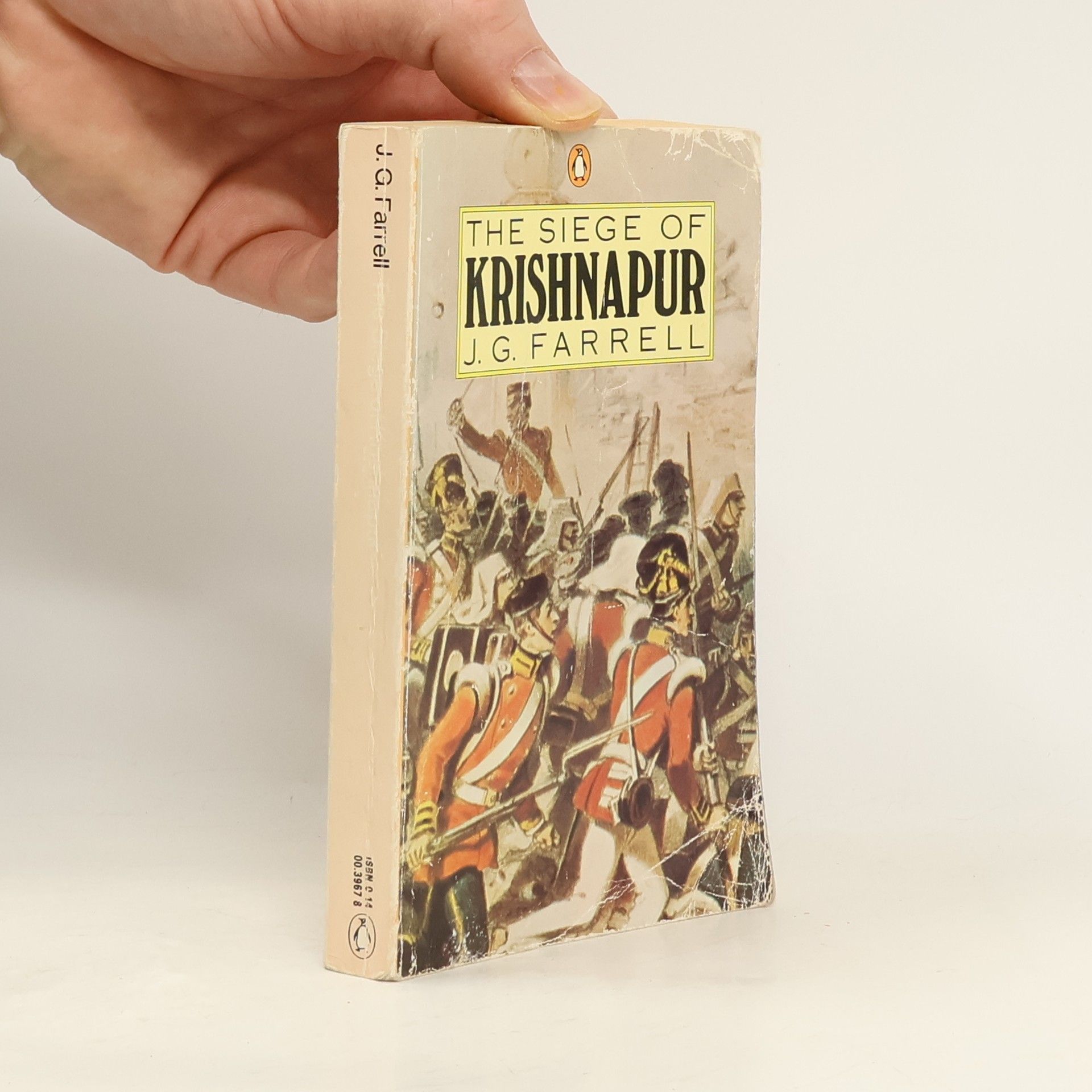Yes
- 105pages
- 4 heures de lecture
"Since 'Thriller' and the widely acclaimed 'Orlando', writer-director Sally Potter has been known as a pioneer filmmaker. [... YES is] easily her masterpiece to date. The central action, set in contemporary London, involves a successful scientist locked in a passionless marriage and conducting an intensely sexual affair with a Lebanese immigrant worker. But this sturdy dramatic situation is only the beginning."--Publisher's description. Includes both the finished screenplay and the original short film script it was based on, as well as photos, credits, and a question-and-answer session with Sally Potter and actress Joan Allen








